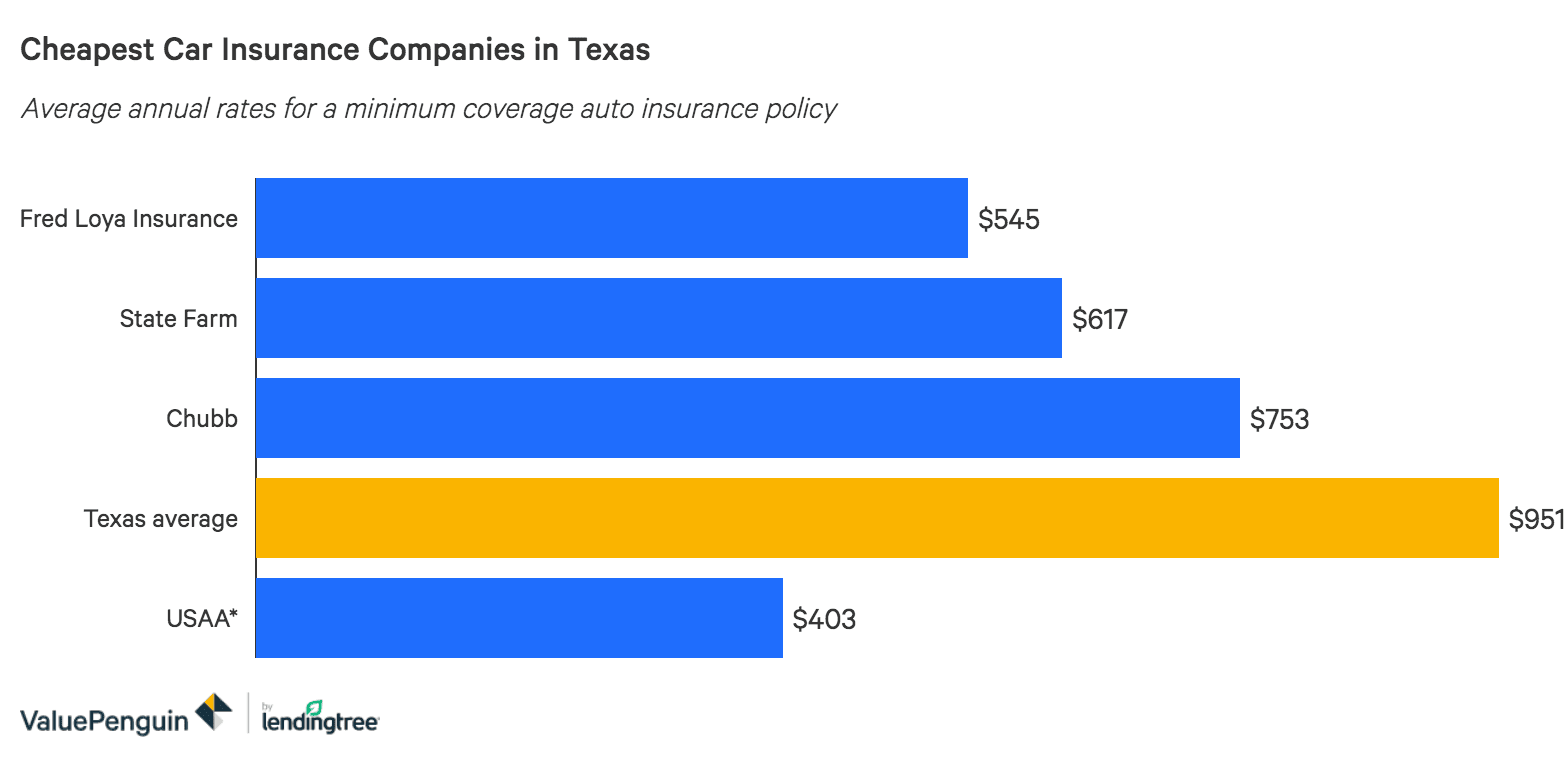Full Coverage Auto Insurance Definition
Full coverage full coverage is a common term used to describe how much auto insurance coverage a person has.

Full coverage auto insurance definition. Collision insurance is generally for damage from situations when you are driving. Butfull coverage doesnt actually exist. Full coverage auto insurance protects you if your vehicle is damaged or totaled covering both collision and comprehensive coverage. This extra insurance is above liability insurance.
But a full coverage policy covers you in most of them. A full coverage policy is typically one that includes several types of car insurance coverage that as a whole provide a solid level of protection in case of an accident. It is meant to cover physical vehicle damage that is caused by fire theft weather or animals as well as damage that results from an accident that you caused. The term full coverage is often used to refer to a combination of car insurance coverages that help protect a vehicle.
However in reality there is no such thing as full coverage auto insurance. This means things like a collision with another car driving off the road or hitting an object. Full coverage insurance usually refers to comprehensive and collision coverage. Simply put you are said to have full coverage when you purchase both liability and physical damage for any one vehicle.
Though there is no such thing as full coverage it often implies that the policy has more than just liability coverage. Full coverage auto insurance many think they carry full coverage on their car insurance policy. Here are a few specifics covered by most comprehensive plans. Insurance is meant to protect you from being sued or left financially stranded by a totaled car or ruined by an uninsured driver.
No insurance policy can cover you and your car in every circumstance. Full coverage comprises two additional types of cover. Generally full coverage is a combination of different kinds of auto insurance coverage. Full coverage car insurance rates by state average cost.
You might also hear people use the terms comprehensive insurance and full coverage insurance interchangeably even though this is not technically correct. Typically full coverage is created through a combination of these types of coverage plus other coverages as required by your state.



